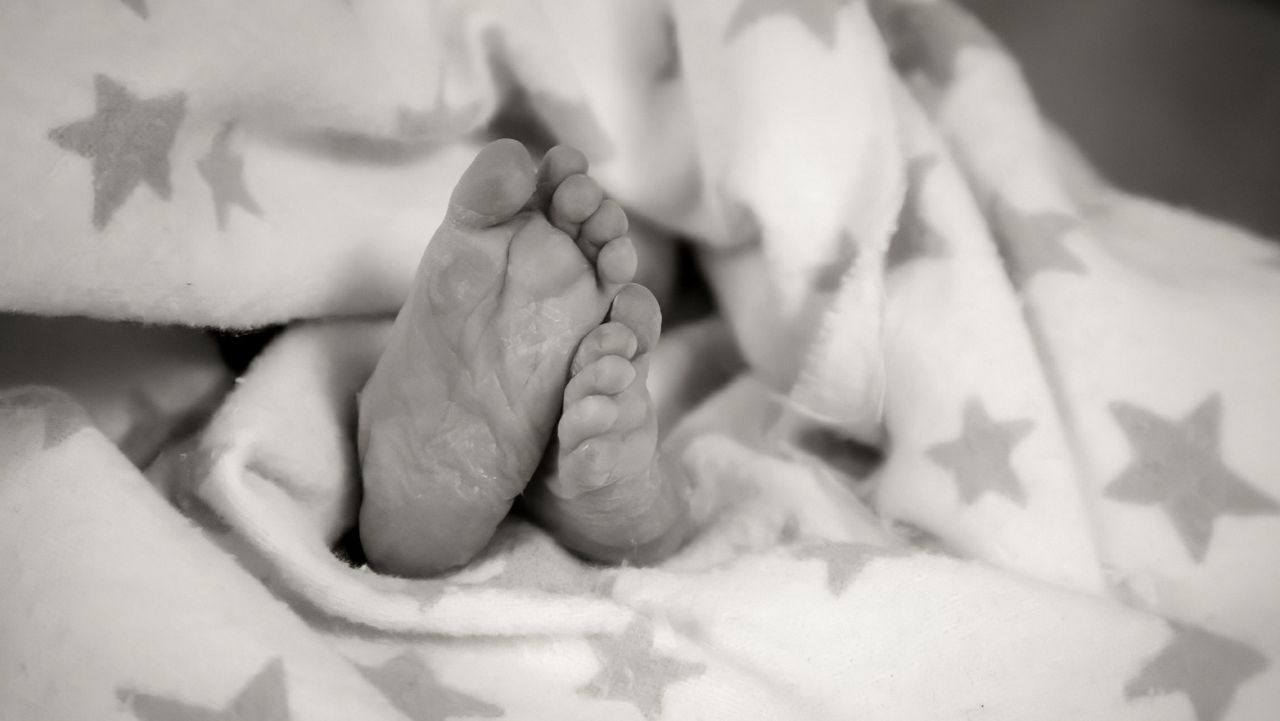J. Frank Dobie’s paisanos: A legacy of inspiration

“It is a good fortune to encounter any form of life that makes the spirit rise. That is what the paisano does.” —J. Frank Dobie
I’ve just returned from four months away at a writing residency at the Dobie Paisano Ranch where I lived in a fully appointed house on 254 acres of land located 14 miles southwest of Austin. The program, first established in 1967, is sponsored by the University of Texas at Austin.
The namesake of the ranch, J. Frank Dobie, was a writer, folklorist, professor, and philosopher of a type.
He called the place “Paisano” —after the roadrunners that live in the area.
At the Dobie Paisano Ranch, I saw roadrunners in the yard outside the many windows of the house. They are small birds—the size of a raven, perhaps. And their color is a pied brown, grey and white, with a thin patch of blue behind the eyes. They are fast and run and dart or perch some place for a long while in the warmth of the sun or in the shade of a live oak.

The opportunity to live in a house in arguably one of the most beautiful places in Texas seems unreal now in hindsight.
As isolated as I was, I still received phone calls or texts with news of the world that wasn’t always very good.
A strange brand of loneliness comes when you live in a hurting world. And yet, I came to negotiate the collision between loneliness and solitude, when I opened a book and read my way through the low times.
Journal of a Solitude by May Sarton is a book I dipped into every day. Ostensibly it seems like a diary of mundane events—but it is not that. Reading closely, one can see the almost-desperate need Sarton had to find her way into her writing—to dispense with obligations and intrusions.
It is a book that finds its complement in Annie Dillard’s The Writing Life. Dillard grabbed at opportunities to move to isolated spaces. Often, she lived and wrote in inhospitable situations or else had to beg a space to do her writing.
The acclaimed author Peter Orner and I co-host TPR’s The Lonely Voice podcast. The title, The Lonely Voice, is a nod to Frank O’Connor who wrote a seminal book about short stories. He discusses the ways all stories are about loss, and the protagonists are the lowliest—and loneliest of us—dreamers, losers, the devastated—and the ones who do the devastating.
Dobie wrote about loss, too. In his essay “The Paisano, Our Fellow Countryman,” he wrote that “a lost person who followed a paisano came to a trail or road and followed it to human habitation.”
Loss is the human condition. And most times, there are no answers to our most perplexing questions.
Dobie wrote that the paisano is known to bring forth “good luck” even for those who don’t “believe in signs.”
Having been selected to be a Dobie Paisano fellow has made me feel very lucky, and this good fortune came to me at a time when I was at a crossroads in my life. I was at a loss. Lost.
When I sent in my application for the 2024 residency, I don’t know what motivated me. I had applied twice before, many years back, and had even received notice that I was a “runner-up,” and should try again. But I didn’t try again—not for many years, not until this time.
I followed the paisano all the way there—and found myself.
link





